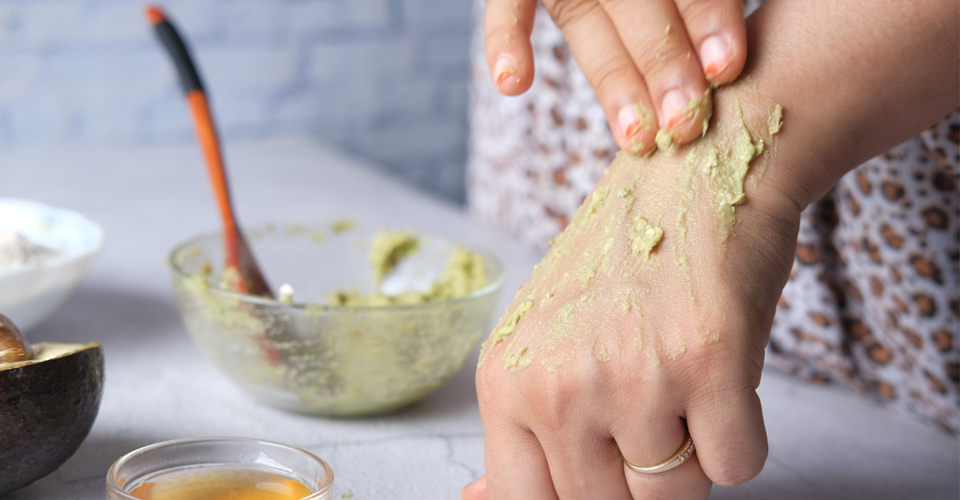
Ayurvedic Treatment for Psoriasis: A Comprehensive Guide
Psoriasis is a chronic autoimmune disease that causes rapid buildup of skin cells. This can result in red, scaly patches of skin that can be itchy, painful, and unsightly. Psoriasis can affect any part of the body, but it is most common on the scalp, elbows, knees, and lower back.
There is no cure for psoriasis, but there are a number of treatments available that can help to manage the symptoms and improve the appearance of the skin. Ayurvedic medicine is a traditional Indian system of medicine that has been used for centuries to treat a variety of conditions, including psoriasis.
Ayurvedic understanding of psoriasis
Ayurveda views psoriasis as a result of an imbalance of the doshas, or energies, in the body. The doshas are vata, pitta, and kapha. Vata controls bodily functions, pitta controls metabolic functions, and kapha controls growth in the body. When the doshas are out of balance, it can lead to a variety of health problems, including psoriasis.
Ayurvedic treatment for psoriasis
The goal of Ayurvedic treatment for psoriasis is to restore balance to the doshas. This is done through a combination of herbal remedies, dietary changes, and lifestyle modifications.
Herbal Remedies
There are a number of Ayurvedic herbs that have been shown to be effective in treating psoriasis. Some of the most popular herbs include:
- Neem: Neem is a powerful anti-inflammatory herb that is very effective in treating psoriasis. It can be applied topically to the affected skin or taken internally as a supplement.
- Turmeric: Turmeric is another powerful anti-inflammatory herb that is very effective in treating psoriasis. It can be applied topically to the affected skin or taken internally as a supplement.
- Aloe vera: Aloe vera is a soothing and cooling herb that can help to reduce inflammation and itching. It can be applied topically to the affected skin.
- Guggul: Guggul is a blood-purifying herb that helps to reduce inflammation and improve skin health. It can be taken internally as a supplement.
- Triphala: Triphala is a combination of three Ayurvedic herbs that is very effective in detoxifying the body and improving overall health. It can be taken internally as a supplement.
Dietary Changes
Ayurveda recommends a diet that is high in fruits, vegetables, and whole grains. Processed foods, red meat, and sugary drinks should be avoided. Some people with psoriasis may also find it helpful to eliminate gluten and dairy from their diet.
Lifestyle Modifications
Stress is a known trigger for psoriasis flare-ups. Ayurveda recommends a variety of stress-management techniques, such as yoga, meditation, and pranayama (breathing exercises). Regular exercise and getting enough sleep are also important for overall health and well-being.
Panchakarma Therapy
Panchakarma therapy is a five-fold detoxification therapy that is considered to be the most effective Ayurvedic treatment for psoriasis. It involves a series of herbal enemas, massages, and other treatments to help cleanse the body and restore balance.
Safety of Ayurvedic treatments
Ayurvedic herbal remedies are generally considered to be safe, but it is important to talk to your doctor before using any new herbal supplement, especially if you have any underlying health conditions. Some Ayurvedic herbs can interact with prescription medications, so it is important to be aware of this.
Conclusion
Ayurvedic medicine can be an effective way to manage the symptoms of psoriasis. However, it is important to note that it is not a cure for psoriasis. If you are considering using Ayurvedic medicine for psoriasis, it is important to talk to your doctor first.



